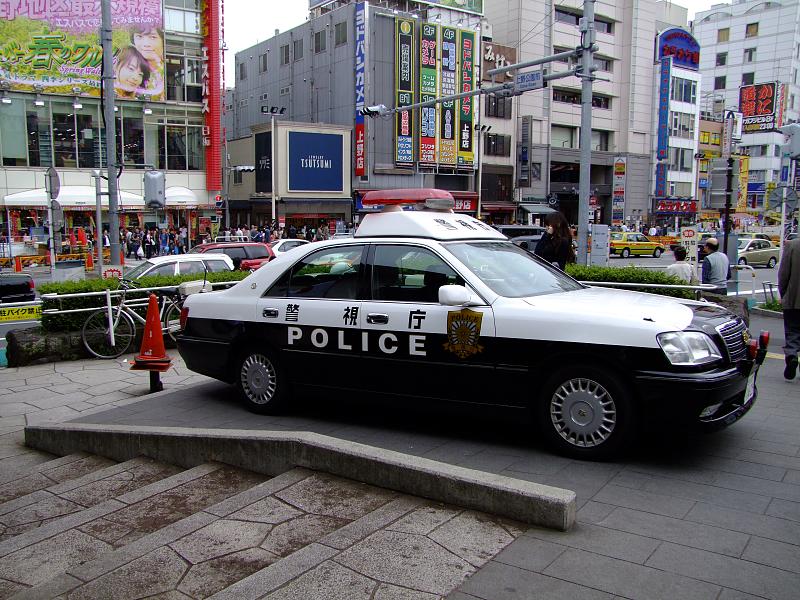De Montfort University Leicester (DMU) is using its expertise to help Japanese police improve the way that they interview vulnerable people.
Professor Dave Walsh, an expert in criminal investigation, will lead a project funded by the Economic and Social Research Council and the Arts and Humanities Research Council.

The research will look at how police in Japan interview potential victims and suspects who may be vulnerable because of their age, learning difficulties or due to being the victim of a serious offence.
Police interviews are vital for getting people’s accounts of what happened and are therefore crucial to finding out exactly whether an offence has been committed, to whom and by whom.
“Getting accurate, relevant and complete information from people who may not be able to articulate their story well is the lifeblood of an investigation and crucial for getting justice,” Professor Walsh explained.
“In Japan they have made good strides in recent years but with this project we are looking at special populations to see what it takes to get the information they need from vulnerable people.
“The crime rate in Japan is very low compared to many Western countries but the reality is that crime does still exist and justice does still need to be done.”
RELATED NEWS
Supporting UN Sustainable Development Goals
DMU and Leicestershire Police launch new Police Constable Degree Apprenticeship
Policing students investigate life at the NYPD with #DMUworks
During the 15-month project, researchers will establish a baseline understanding of the situation in Japan before looking at further projects that can improve the way Japanese police interview vulnerable people.
Professor Walsh said: “In this country we have a model for interviewing vulnerable people but we don’t know how applicable it is in the Japanese context and culture.
“In the first instance we are trying to establish whether the Japanese police understand the problem and what they do about it and then we can see how we can help them do their job even better.
“We want to understand the existing perceptions and beliefs of Japanese police officers as to how they think they should interview vulnerable people. If that coincides with the practices that we know in this country then that’s great, but I think it’s very unlikely because the police in the UK have been advised how to do it.
“At the end of the project we will have built a baseline of knowledge and will have networks and partnerships that will enable us to train and develop police officers in Japan.”
The funding for the project is part of the UK-Japan SSH Connections call, which aims to improve the connectivity between UK and Japanese social science, arts and humanities research communities through funding for groups of researchers to make new connections and identify common interests to enable future collaborative research activity.
DMU academics will work with a multidisciplinary team of academic partners consisting of criminologists and psychologists both in the UK and Japan, including from Kwansei Gakuin University, Ritsumeikan University, University of West London, University of Winchester, University of Portsmouth and Newcastle University.
Researchers will also discuss the project with Japanese prosecutors, who are present in interviews with suspects in the most serious offences, during a seminar held at the Japanese Embassy in London in May.
Professor Walsh believes that working with partners in Japan on this project provides a unique opportunity to effect lasting change for the better.
“It’s important that we’ve got Japanese allies to help us with the project because we wouldn’t be able to do it without them,” he said.
“This project is a great example of DMU acting internationally and it is a real opportunity to have a big international impact. We’re in a position where we might be able to influence the future in a way that hasn’t been done before.”
Posted on Wednesday 20 March 2019